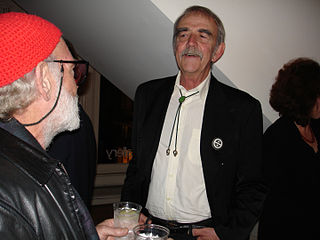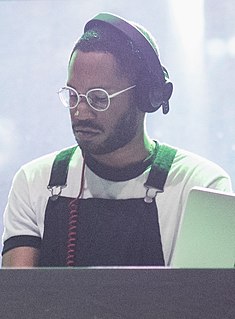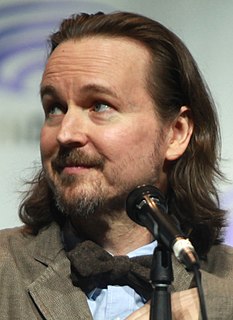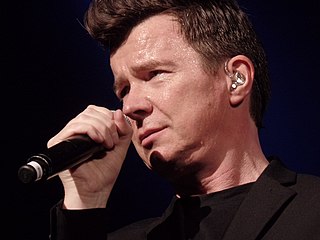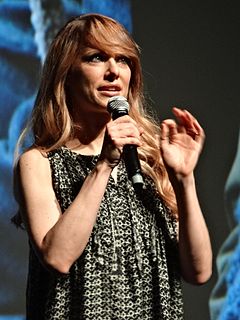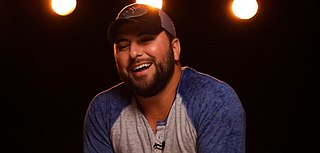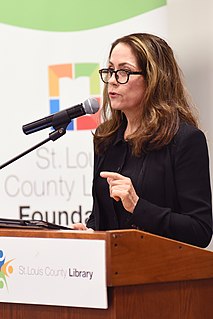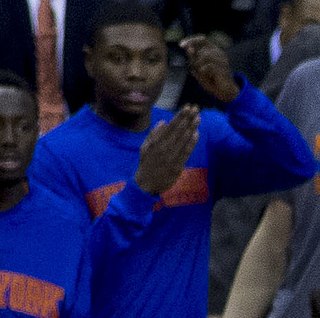A Quote by William T. Wiley
I think being an artist, or just being creative, or imaginative, or aware, where I think everybody starts out, and by about the age of 10, that's been pretty effectively whipped out by education.
Related Quotes
If I waited until I felt creative, I would never have had a career. I long ago learned that a day that starts out badly, when nothing comes out on the page or comes out wrong, can suddenly turn into a good day a few hours later, when suddenly everything starts to click. The brain can be cajoled into being creative.
I think there's a level at which you think that there's a reason that you're being singled out, that you're being chosen. As a kid, I was always mistaken for a girl. Before you reach that age where your sexuality starts to display itself, kids can look very androgynous, and I guess I leaned more toward the feminine. All those things were very hard, growing up, because you're trying to create an identity, and you're feeling shameful about the one that you're making. So, I identified with it a lot.
Making art, being creative, is risky, especially for actors, but everybody on the set is being creative. You're putting yourself out there with ideas, and to have your brain be free of stress so that it can actually do its best work, it feels like you want to have a real sense of intimacy and connection and trust with everybody.
Looking out over the port of Dover, with the endless steam of boats coming in and out, every British citizen is reminded that belonging here has never been about blood or genes. It's simply about being at home on this discrete island and being aware of the privileges and responsibilities that brings.
Because Ivy [Wilkes] is just starting out as an artist, I wanted to focus on [Georgia] O'Keeffe's experiences when she was just starting out. I suspect there is a difference between being an unknown artist and being a celebrated artist. When nobody knows your work, nobody except you really cares whether or not you paint.
I've always been comfortable being the first person at a party, metaphorically speaking - being the first person on the dance floor, saying, 'This is where it's happening, people, and if you don't think so, that's cool, but I think you're missing out.' That's my general philosophy, and it's served me pretty well.
I don't like to be dismissive of whales speaking possibilities. There is a pretty New Age-y, poorly thought set of ideas about this going around. I also think these animals benefit most from us staying out of their way. I think we learn the most by being as passive as we can, so those are my biases, and I'm sort of against it from that perspective.
I think being tortured as a virtue is a kind of antiquated sense of what it is to be an artist. It comes out of that Symbolist idea, back to Rimbaud and all that disordering of the senses and all of that being some exalted state. When I've been that way, I've always been less exalted than I would have liked.
